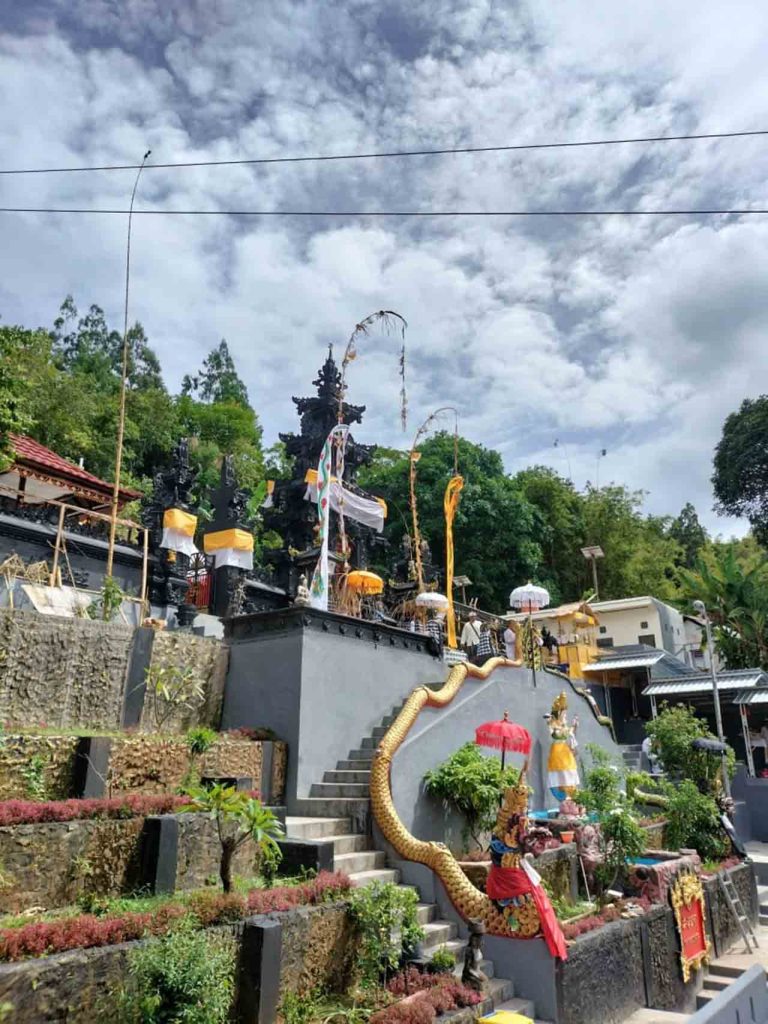On the western edge of Nusa Penida Island in Bali lies a quiet village with a unique cultural and religious identity.
Known as Toyapakeh, this coastal settlement stands out not only for its scenic beauty but also for its deep-rooted Muslim heritage—something rare in a region where Hinduism is the dominant religion.
A Village Born from Royal Gratitude
The origins of Toyapakeh trace back to the era of Bali’s Gelgel Kingdom in the 14th century.
According to local history, Muslim warriors had supported Balinese rulers in battles against colonial forces.
In return, the king granted them the right to settle in specific areas, leading to the formation of three Muslim villages: Gelgel, Kusamba, and Toyapakeh.
Despite having just around 200 households, Toyapakeh was officially recognized as an independent village.
This special status highlights the village’s importance and the close historical ties between the Muslim community and Bali’s royal past.
A Legacy Preserved Through Time
Though many believe that Islam arrived in Nusa Penida around 1925, evidence suggests that the religion may have arrived much earlier.
Archaeological findings point to an old Muslim burial site near Toyapakeh that features traditional Javanese grave designs similar to those found in Demak and Troloyo.
One of the graves belongs to R. Musthafa, a respected figure believed to have introduced Islam to the area, along with a companion named R. Jumat.
By 1936, Muslim families scattered across Nusa Penida were encouraged to relocate to Toyapakeh in order to build a stronger, more unified community.
This move helped preserve their religious practices and cultural traditions in a more cohesive environment.
Life in a Harmonious Community
Today, most of the residents in Toyapakeh are engaged in tourism and trade.
With the rise in visitors to Nusa Penida, many locals run guesthouses, small shops, or work in the service sector.
The village serves as a gateway for tourists heading to popular snorkeling and diving spots, although few realize the rich history of the place they pass through.
Toyapakeh is also known for its interfaith harmony. During the holy month of Ramadan, residents often invite neighbors of different religions to share in meals and celebrations, reinforcing a spirit of unity and respect.
An Unseen Side of Nusa Penida
Toyapakeh is more than just a village by the sea—it’s a living example of peaceful coexistence and cultural preservation.
While it may not feature in every travel itinerary, those who take the time to visit will find a community proud of its history and welcoming to all.
From its royal beginnings to its role in Bali’s multicultural landscape today, Toyapakeh offers a meaningful travel experience for those interested in local traditions and untold stories. (BT)





